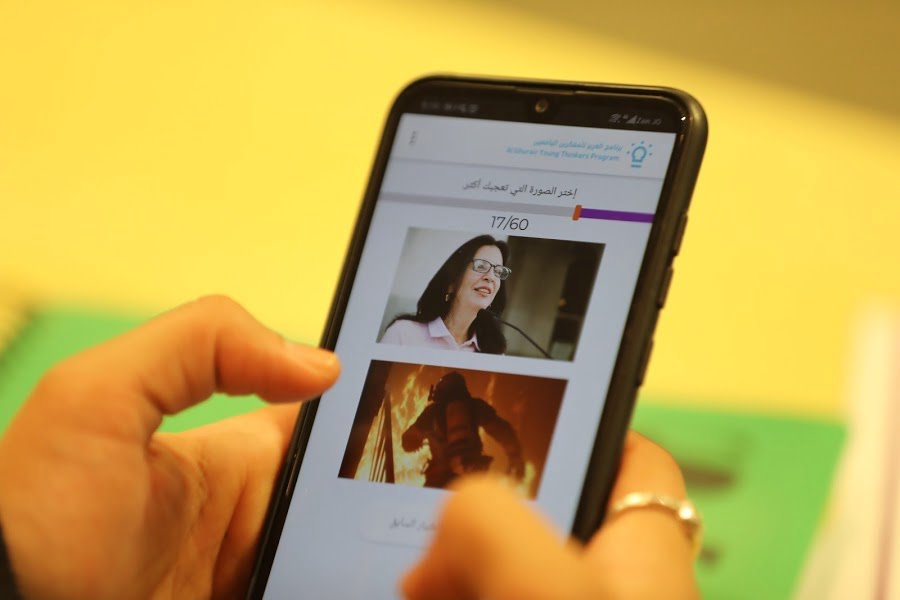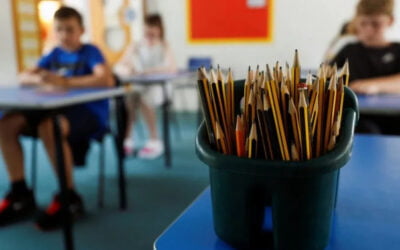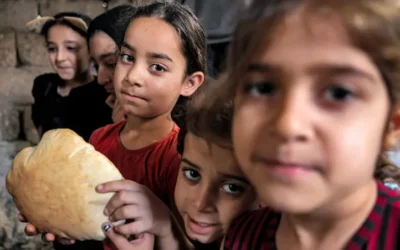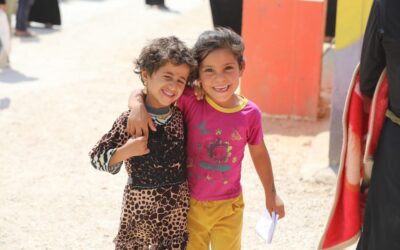Al Ghurair Young Thinkers Program – SDG Good Practices
The Al Ghurair Young Thinkers Program (YTP), a digital platform designed to support Arab youth ages 15 to 35 make well-informed education to employment decisions, was launched in 2018 by the Abdulla Al Ghurair Foundation for Education (AGFE). YTP utilizes innovative, technology-driven components to help Arab youth in their school, higher education and workforce trajectories. Designed in partnership with Arizona State University and endorsed by the UAE’s Ministry of Human Resources and Emiratisation, the platform provides bilingual (English/Arabic) contextualized tools and information to over 31,000 underserved youth, including refugees, across the region, free-of-charge.
In line with SDGs 4, 8, 9 and 17, the platform, which was designed in response to the growing need for high-quality education to employment resources specifically catered to Arab youth, responds to the 2030 Agenda’s commitment to equitable, universal access to education, economic growth and decent work for all. Low barriers to entry and high-quality Arab content are at the heart of the program and content is provided in Arabic, free of charge, to underserved youth who may have not been able to access this information previously. In addition, by developing the skills offered through YTP, youth are better positioned to pursue higher education opportunities and achieve workplace success. Ultimately, this leads to improved livelihoods for themselves and their communities.
In accordance with commitments of the 2030 Agenda, YTP contributes to upskilling and improves livelihoods by supporting Emirati and Arab youth regionwide alongside private/public sector stakeholders. Given the commitment to elevating livelihoods, there is a focus on creating content to support soft skill development, identifying technical and vocational training opportunities, removing socio-economic barriers (especially for females), and sharing region-specific labor market information for sought-after jobs using a bespoke career assessment psychometric tool.
YTP is a collaboratively administered program designed and funded by the Abdulla Al Ghurair Foundation for Education (AGFE). Arizona State University (ASU) was awarded a grant to support the design, develop and implementation of the program. The Dubai-based team develops partnerships across the region to support program engagement, outreach and user acquisition, prepares promotional material and multimedia assets that are integrated into the YTP platform, creates social media content for the program, and hosts in-person/online sessions for students, parents, educators, and partners. The US-based team oversees all aspects of the technical build, hosting and maintenance of the digital platform, as well as creation of all content on the platform based on the needs identified in the Arab region. This team is also responsible for innovatively responding to AGFE feedback and adapting the functionality and content of the program to best suit our Young Thinkers. A network of 35+ partners actively promote YTP and several have fully integrated the program into their mandates and activities. In just over two years since YTP’s launch, the team has managed to reach over 31,000 youth, exceeding the program’s initial target of reaching 5,000 youth in five years.
Some 48 hours after the program’s launch, Success Advisors were at full capacity. The number of users has increased sharply, with 11,685 users from October 2018 to December 2019, an additional 16,417 new users in 2020 alone, and a total of over 28,000 by January 2021 (52% of whom are females). AGFE embarked on a pilot program in Egypt and Jordan to determine the program’s impact on non-Emirati users. Results from the pilot informed planning and implementation processes, leading to changes to ensure that no eligible youth were left behind, including simplifying the registration process to reduce barriers to entry, modifying the labor market information to be relevant to the wider Arab audience currently served, and making online coursework more challenging so that the program’s certificates of completion carried more weight for beneficiaries who had otherwise limited access to upskilling opportunities. There are 27 courses offered on the platform with over 21,000 courses completed.
Enabling factors: • Free of charge, low barrier to entry program • Attracted increased number of youth with bilingual (English/Arabic) content • Contextualized to the Arab market • Bilingual team that understands/adapts to specific constraints • Capitalized on ASU’s access to technology to enhance functionality • Utilized a strong, Arab-wide partner network offering greater access to target audience Constraints: • Regional launch plans cancelled and suddenly moved online due to COVID-19 may have impacted publicity and visibility • Low digital literacy of Arab youth resulting in multiple review processes and changes to serve wider audience
YTP has expanded rapidly and organically since its inception. Strategic partnerships with public sector and civil society actors have been nurtured. As COVID-19 struck and traditional outreach models were challenged, AGFE instituted a new partner-led strategy for program adoption and institutionalization, contributing to YTP’s sustainability. AGFE’s model of identifying strategic youth-facing partners whose mandates also include upskilling support has ensured that the program will expand beyond the Foundation’s immediate reach. Several partner organizations, including Zayed University in the UAE, and Luminus Technical University College in Jordan, have both institutionalized YTP into their operations, requiring their students to engage in elements of the program in a sustained manner. AGFE is looking to expand this model to existing partners and others.
Adapted to the needs of a regional audience, an in-person launch event was scheduled to take place in Jordan in early 2020. Unwilling to put our stakeholders at risk, AGFE cancelled the event and adopted an online marketing campaign to promote the program to a wider Arab audience. However, COVID-19 positively impacted YTP’s regional expansion since a greater number of youth were coming online, and partnerships with more institutions could be and were secured to ensure sustained engagement. As partners continue to recognize the value of the content and institutionalize it into their operations, the program can be expanded for more sustainable outreach.
Feature By: Department of Economic and Social Affairs – Sustainable Development



